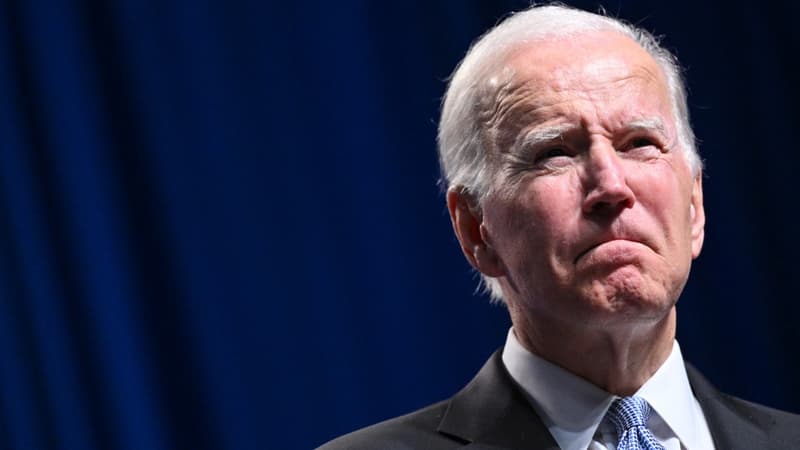The gigantic US investment plan in climate transition, which establishes “discriminatory” measures for European car manufacturers, is “unacceptable” for the Twenty-seven, estimated Monday the Czech Minister of Industry, whose country holds the rotating presidency of the EU.
However, the EU currently rules out any action before the World Trade Organization (WTO): “At this stage, we are concentrating on a negotiated solution before considering other options,” said European Trade Commissioner Valdis Dombrovskis after the meeting. .
A working group between Europeans and Americans starting this week
Ratified this summer, the “Inflation Reduction Act” launched by Joe Biden appears to be the largest investment ever made in the fight against climate change. It provides 370 billion dollars for the construction of wind turbines, solar panels and electric vehicles. One measure in particular worries Europeans: a tax credit of up to $7,500 set aside for the purchase of an electric vehicle from an American factory with a locally made battery, thus excluding cars produced in the EU.
He announced that a joint EU-US “working group” would hold its first meeting this week to try to address Europeans’ concerns: “It will not be easy to resolve, but we have to get there,” he said. he told the press. “We know that other countries, such as Japan and South Korea, share the EU’s concerns and are also considering how best to deal with this problem,” he added.
Berlin fears transatlantic ‘tariff war’
For the Twenty-seven, “the objective would be to obtain the same status as Canada and Mexico”, whose production enjoys the same advantages as that of the United States in the measures adopted, said Jozef Sikela, noting that it is “an initial position in the negotiations”. The Czech official said he was “quite optimistic” after Katherine Tai’s meeting with EU ministers in Prague: “There is good will on both sides,” he said.
Germany, home to auto giants Volkswagen, BMW and Mercedes, warned three weeks ago of the risk of a transatlantic “tariff war.”
Brussels and Washington have had several major disputes before the WTO in recent years, notably over aid to US planemaker Boeing and US customs duties on European steel.
Source: BFM TV


